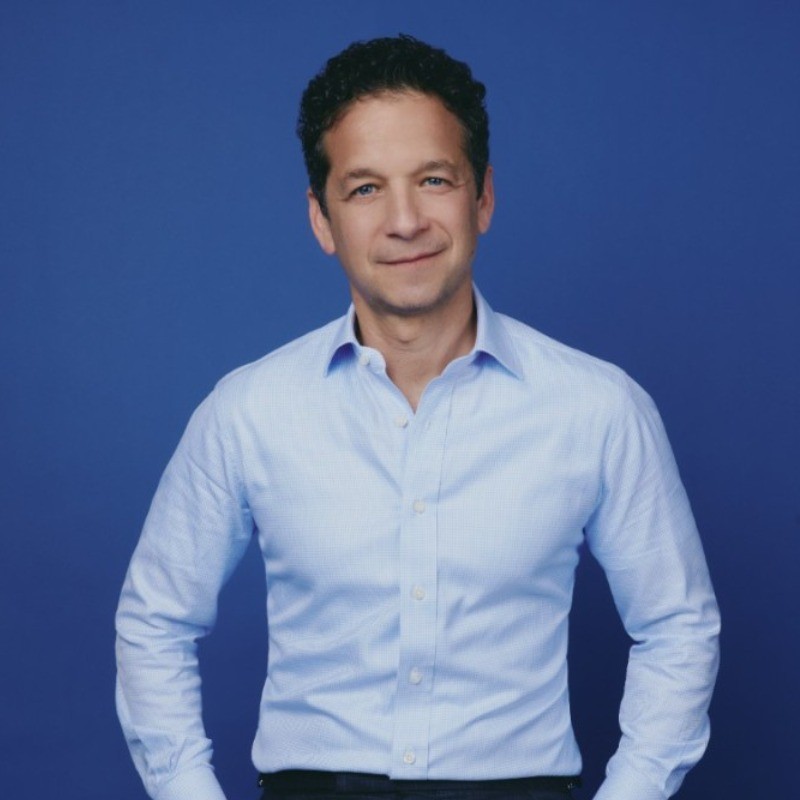Top 5 Stories of the Week: The Myth of the 8-Hour Sleep and Other Bad Business Beliefs
It was a myth-busting week on LinkedIn. In article after article, top authors took widely held business beliefs and crushed them. Thought your best employees were the ones who fit their job descriptions? You're way off. Believe that you need 8 hours of sleep? Clearly you haven't been reading 16th Century French doctor manuals. Insist that happiness will come when you hit your sales goals? You've got it backward, bub. Here's the full list:
Top 5 most-shared articles by LinkedIn members (Feb. 23, 2012 — Mach 1, 2012) Follow @LinkedInToday
- 8 Qualities of Remarkable Employees (Inc.)
- The myth of the eight-hour sleep (BBC)
- Gorgeous iPhone 5 Concept Looks Insanely Great (Mashable)
- Happiness Makes Your Brain Work Better (Inc.)
- Facebook's New, Entirely Social Ads Will Recreate Marketing (Fast Company)
Let's start with the BBC's sleep story. Not surprisingly, this piece was most widely shared by people in sleep-deprived industries like IT, computer software, design and higher education. For anyone who has spent their days pounding Red Bull while lamenting the poor sleep they got last night, the BBC brings sweet relief: Until the late 17th Century, the idea that you needed one long snooze was laughable. Instead, people used to sleep a few hours around dusk, wake up, write or smoke (or both), then sleep again. Candle lighting, however, started to mess with our sleep cycles. Lit streets meant people could stay out later with less fear of getting robbed and lit coffee houses gave people a place to go. Humanity pivoted and the two-sleep system was dead.
Today, most people seem to have adapted quite well to the eight-hour sleep, but [sleep historian] Ekirch believes many sleeping problems may have roots in the human body's natural preference for segmented sleep as well as the ubiquity of artificial light.
Now, of course, we're lucky to get even one of those sleep chunks in. Eight hours may be unrealistic, but with so much work to take care of (not to mention Facebooking, Wording with Friends, etc.) two sleeps seems even more impossible to pull off. Some of the other treasured ideas under fire this week: Jeff Haden at Inc. looks at all the somewhat quirky, status-quo challenging people in an office and says these are your most remarkable employees.
Unusual personalities shake things up, make work more fun, and transform a plain-vanilla group into a team with flair and flavor. People who aren't afraid to be different naturally stretch boundaries and challenge the status quo, and they often come up with the best ideas.
The comments on the article filled up with such "unusual personalities" complaining that either their peers hated them for their quirks or managers didn't hire them because they didn't fit the bill. Clearly finding and grooming remarkable employees is something that still needs some work. And also at Inc., Jessica Stillman challenges long-held beliefs about happiness, saying that success doesn't make you happy, being happy brings success. She cites a researcher at Harvard who has studied how the brain deals with happiness. The more primed you are for being happy, the better chance you'll have of achieving it. Getting there isn't that hard, either. Explains study author Shawn Achor:
What we found was something as simple as writing down three things you're grateful for every day for 21 days in a row significantly increases your level of optimism and it holds for the next six months. The research is amazing. It proves we actually can change.
And if you really feel like taking on the world, try writing down those affirmations after your first sleep. You'll be well rested, well adjusted and just quirky enough to be the most remarkable person at your job.
Here are the most-shared stories by professionals in the following industries:
- Marketing And Advertising: Facebook's New, Entirely Social Ads Will Recreate Marketing (Fast Company)
- Investment Management: Entrepreneurs Need Creative Thinking After the Idea (Forbes)
- Wine And Spirits: Bordeaux approves official Chinese names (Decanter)
- Venture Capital: True Innovation (NYT)
- Telecommunications: It's the end of the line for telco (GigaOm)
- Restaurants: How Waiters Read Your Table (WSJ)
- Motion Pictures and Film: We're About to Lose 1,000 Small Theaters That Can't Convert to Digital. Does It Matter? (IndieWire)


